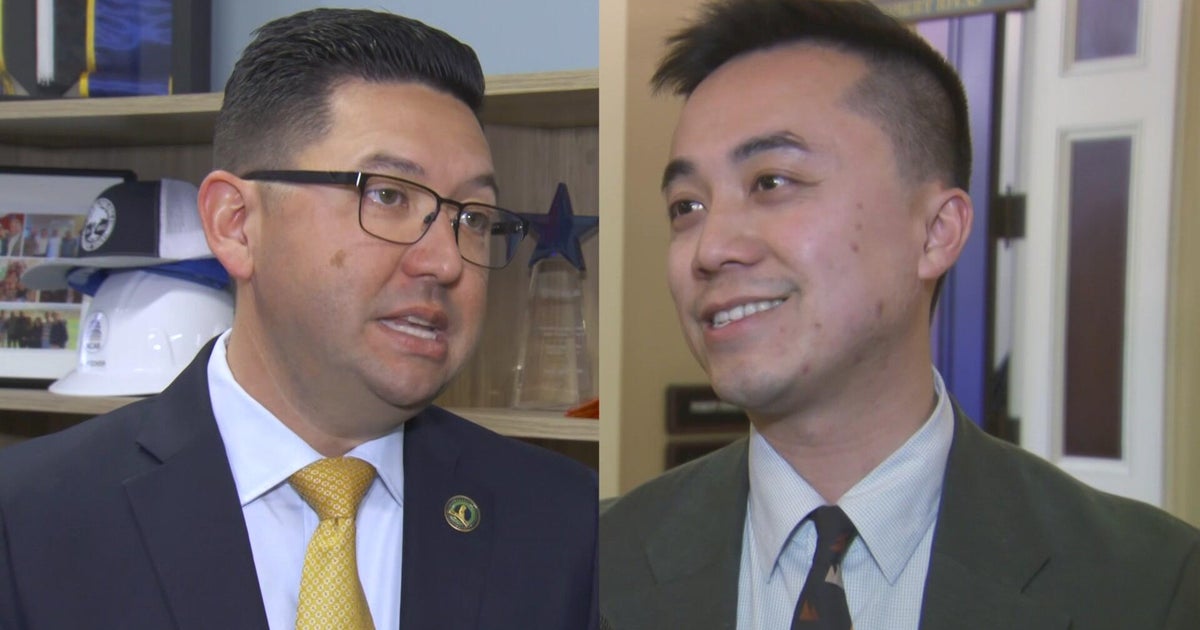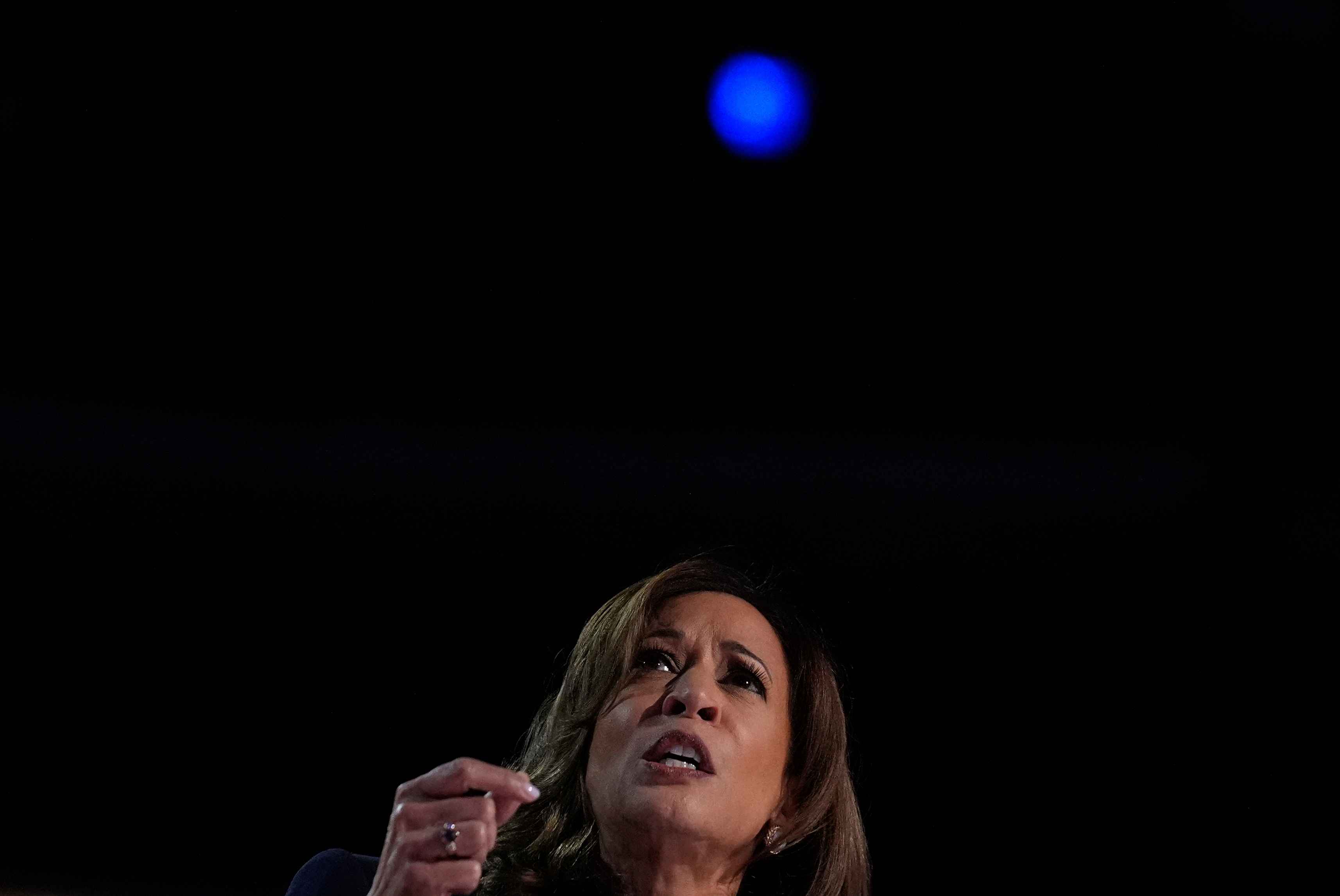"Now we are flexing our political muscle": AAPI group to take "next step" and lobby for more targeted policies and legislation
A national organization dedicated to Asian and Pacific Islander Americans is expanding its scope to help craft legislation and policies, and become the first organization of its kind to do federal lobbying.
AAPI Progressive Action, an advocacy nonprofit and part of the AAPI Victory Fund super PAC, is rebranding to become "AAPI Victory Alliance." The group is looking to build off of the boosted AAPI turnout in the 2020 elections, and add more nuance from an Asian American perspective on the federal and state legislative process.
The organization will initially be focused on the impacts of the COVID-19 pandemic on the community and combating acts of hate toward Asian Americans. It will also form the first-ever think tank dedicated to issues related to Asian Americans.
The community has seen a spike in hate incidents throughout the pandemic, with nearly 3,800 reported in 2020 according to a report by Stop AAPI Hate. More recently, eight people, including six Asian women, were killed in a series of shootings in Atlanta in mid-March.
Executive director Varun Nikore said the group had already been planning this year to do more lobbying, but the recent attacks on Asian Americans sped up the timeline.
The organization says it has already reached out to lawmakers and the White House. AAPI Progressive Action was part of a successful push in March to reinstate the White House Initiative on Asian Americans and Pacific Islanders. They say they're currently talking through proposals on the initiative's mission and structure.
Nikore added that there's more openness with the Democratic White House and Congress on working on these issues, compared to the previous administration.
During his first prime time address of his presidency, President Biden addressed the trend of attacks against Asian Americans.
"At this very moment, so many of them, our fellow Americans, they're on the frontlines of this pandemic, trying to save lives, and still, they are forced to live in fear for their lives just walking down streets in America. It's wrong, it's un-American, and it must stop," Mr. Biden.
Mr. Biden has been criticized by Asian American groups and lawmakers for the lack of representation in his cabinet, though the White House has pledged to add a senior level Asian American and Pacific Islander liaison.
"The last four years frankly, we were just playing defense. Trying to beat back on all of Trump's onerous policies and regulations. Now we feel like we can go on the offense, we can work with the White House, state legislatures, state governments," he said. "Now, we are flexing our political muscle."
One legislative push is to make changes to how the Justice Department and local governments deal with hate crimes. The group is backing the COVID-19 Hate Crimes Act, which requires a designated Justice Department employee to facilitate the review of hate crimes related to the pandemic.
The group will also push for and work with other groups representing communities of color on broad issues that impact the community, such as immigration, healthcare and voting rights.
In total, AAPI Victory Alliance is looking at pushing 11 pieces of legislation to start, with potential for digital and multi-language ads down the road.
The Asian American and Pacific Islander electorate set record numbers in 2020 and was crucial for Democrat wins in the Georgia Senate runoffs, according to Tom Bonier, CEO of Democratic voting file firm TargetSmart. He said Asian American and Pacific Islander turnout increased by 50% in 2020 compared to 2016, and close to 40,000 more Asian American voters cast a ballot in the Georgia Senate runoffs compared to the 2016 presidential election.
Of the Asian Americans who voted in 2020, 49.4% of them didn't vote in 2016 and 23% of them had never voted before. Bonier said the key question is whether these voters come back, and a potential answer lies in addressing issues relating to Asian Americans
"Clearly, everyone votes in an election with some level of expectations. Perhaps especially so for the AAPI community in terms of the racism and violence that they've been subject to. There will be an expectation to see some results in addressing these issues," he said. "That will impact whether or not we see this turnout hold up."
One challenge advocates have in analyzing data related to Asian Americans and making policy, is the wide net cast for categorizing the community. There are gaps between different nationalities on education level and income, which Nikore said feed into a "model minority myth that all AAPIs are doing well."
For example, 54.6% of Chinese Americans have a bachelor's degree while 29.6% of Vietnamese Americans have one, according to AAPI Data. About 7.2% of Indian Americans are in poverty, compared to 30.1% of Burmese Americans.
"Disaggregating" this data to be more targeted and based on subsets like nationality and age is also a focus for AAPI Victory Alliance.
AAPI voters also showed they're not a monolithic voting block. AAPI voters in Georgia helped drive the wins of Democrat Senators Jon Ossoff and Raphael Warnock and Congresswoman Carolyn Bourdeaux, while Vietnamese American voters in Orange County, California elected Republican Korean-American Congresswomen Young Kim and Michelle Steel.
The Victory Alliance said it will look to back "progressive" AAPI candidates up and down the ballot.
Nikore, who is also president of the organization's campaign operation with the AAPI Victory Fund, said there's been an influx in small dollar donations in recent weeks.
"The White House is listening. People are listening. The community is expecting more from us. They're saying, 'You need to raise your game.' And we are up to that challenge," he said.




